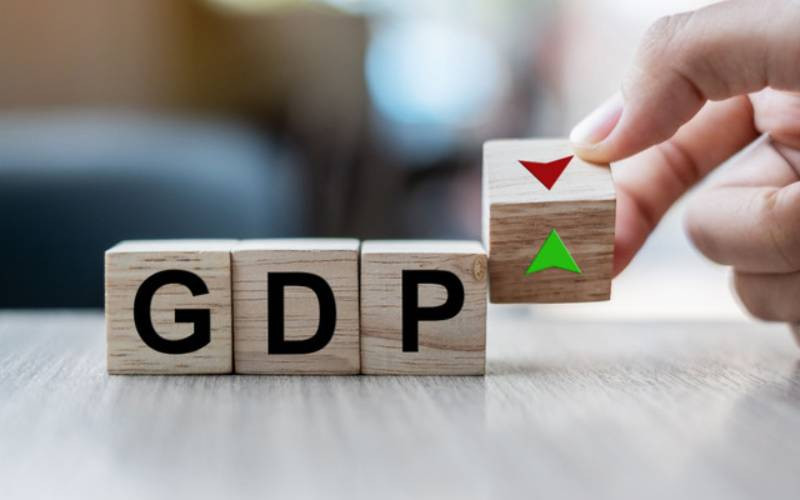
Audio By Vocalize

Following an incredibly difficult couple of years during the pandemic, in early 2022, Africa finally looked as if it was on track to resume an upward trajectory in terms of GDP growth.
Just when the continent appeared to be recovering from the economic shocks of the pandemic, a range of internal and external factors created a much gloomier picture for the year ahead. This included adverse weather events, the Russian invasion of Ukraine and recurrent supply chain issues.
These factors combined to push interest rates upward and created significant inflationary pressures across the continent. As a result, for many African countries, economic growth started to rapidly decelerate before the post-pandemic recovery had gotten underway.
According to UN reporting, economic growth in Africa is expected to slow to 3.8% in 2023, which is down from 4.1% for 2022. This is largely due to subdued investment, falling exports and inflationary pressures. In terms of how this is expected to play out across the continent, growth is expected to ramp up slightly in West Africa, remain relatively stable in Central and East Africa and decelerate somewhat in North and Southern Africa.
Despite some of these gloomier signs at a continental level, several economies within Africa look set to experience significant growth in the coming year. According to the IMF's recent 'World Economic Outlook' report, this includes Nigeria, Kenya, South Africa, Ethiopia and Kenya.
Let's take a look at why these countries have been selected as some of the most promising economies in the world for 2023:
South Africa
According to the IMF's economic outlook for 2023, South Africa will comfortably retain its position as the second-largest economy out of the Sub-Saharan nations. If all goes to plan, South African GDP will stretch to $422bn this year despite continued, widespread issues with unemployment levels.
South Africa's positive GDP predictions have been boosted by growth in a number of key sectors. Perhaps most interestingly, this also includes the burgeoning cryptocurrency sector, which has experienced significant growth in the country in the last few years. The best crypto South Africa has to offer looks set to contribute significantly to the country's GDP in 2023.
Nigeria
As the largest economy on the continent, Nigeria will continue to dominate the GDP rankings for Sub-Saharan countries in 2023.
Thanks in large part to rising oil and petroleum prices, GDP figures have received a notable bump upwards from last year. This will result in the Nigerian economy growing to around $574bn in 2023. While there is a degree of economic uncertainty surrounding the elections, the signs are all largely positive.
Angola
As one of the largest economies on the continent, Angola looks set to retain a leading economic ranking in 2023.
Stay informed. Subscribe to our newsletter
Higher oil prices have helped to boost both the overall GDP and the public finances, with rough diamond exports also managing to hold steady. The IMF expects GDP to increase by 8.6% in 2023, which has steadily improved since last year. It is estimated that Angola's GDP will hit the $135bn mark in the coming year.
Kenya
Although it has been one of Africa's liveliest economies for quite some time, Kenyan GDP looks set to take a slight tumble in 2023. This will lead to GDP growth slowing to a relatively modest 2.4%, which has been caused by the pandemic, continued drought conditions across the country, uncertainties surrounding the election, global supply chain issues and inflation rates which have stretched as high as 9.6% during the year.
As a result, Kenyan GDP will just about hit $117bn for the year, which puts it slightly behind Angola and Ethiopia. Looking beyond GDP, however, the signs are all positive. In addition to a quickly growing tourist industry, Kenya has a burgeoning start-up and entrepreneurial scene that is continuing to attract investment.
Ethiopia
Thanks to strong growth over 2022 and into the early days of 2023, the signs are all looking positive for the Ethiopian economy this year.
Ethiopia could even take over Kenya as the fourth-largest Sub-Saharan economy. This growth has been helped by the easing of conflict within the country and various economic reforms that have been brought in. Further reforms are intended to support what is quickly becoming Africa's fastest-growing economy.
As a result of these trends, the IMF is predicting that Ethiopia's GDP will hit $126bn in the coming year. This impressive figure marks a 13.5% increase year on year, despite the challenging conditions many African countries are currently facing.